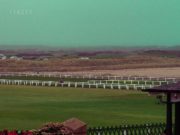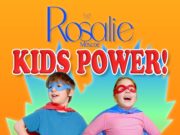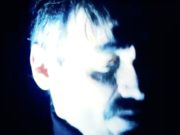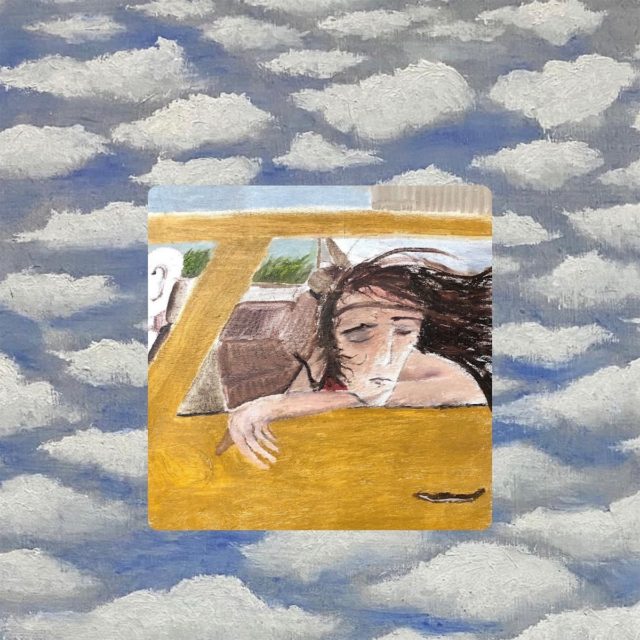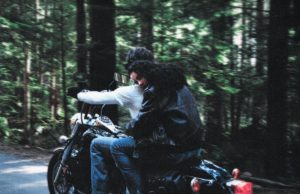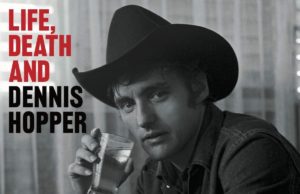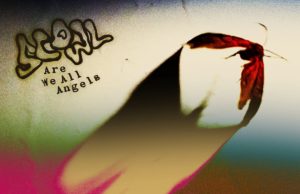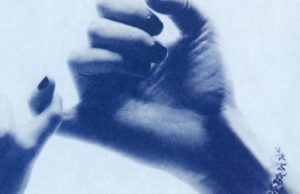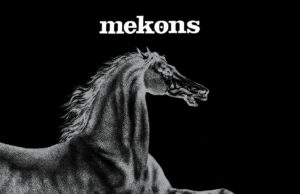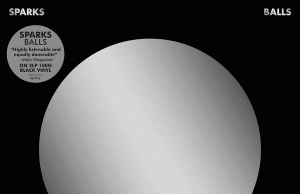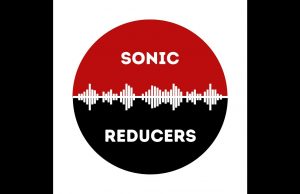THE EDITED PRESS RELEASE: “Do you still believe it?” John Ross asks that question after journeying through the wreckage, after singing of thunder rolling down the track and lighting in a bottle. These are tropes, and he knows it. It’s a moment where he’s returning to the ancient wisdom of his classic rock forebears, trying to find the answers all over again. This is the ground Ross travels in The Fences Of Stonehenge, the opening track, and mission statement of the new Wild Pink album Dulling The Horns. The question reverberates across the album: “Do you still believe it?” And what happens when you don’t anymore?
Ross’s response is to start anew. From the late ’10s through the early ’20s, Wild Pink were on the classic ascension arc. The otherworldly synth-Americana of 2018’s Yolk In The Fur garnered them press buzz and accolades, while the widescreen gloss and scope of its followup, 2021’s A Billion Little Lights, swung for the fences at the cusp of the band’s breakthrough. Then everything changed: Ross received a shocking cancer diagnosis. Wild Pink’s subsequent release, 2022’s ILYSM, was inevitably saddled with the weight of being an album about mortality and love. On the other side of it all, Ross began to reimagine what Wild Pink was.
The genesis of Dulling The Horns goes back to late 2022, when Ross began workshopping new material during soundcheck on the ILYSM tour. Last summer, Wild Pink decamped to western Massachusetts to reunite with engineer Justin Pizzoferrato. Ross decided to record Dulling The Horns live in the room, in an effort to capture Wild Pink’s onstage style — rawer, grainier. Gone are the glimmering atmospherics and studio affectations of recent outings. Instead, Ross’ voice is haggard against the humid distortion coating every song. “I didn’t want to clean up anymore,” he says. “In doing so we’ve arrived at a new place.”
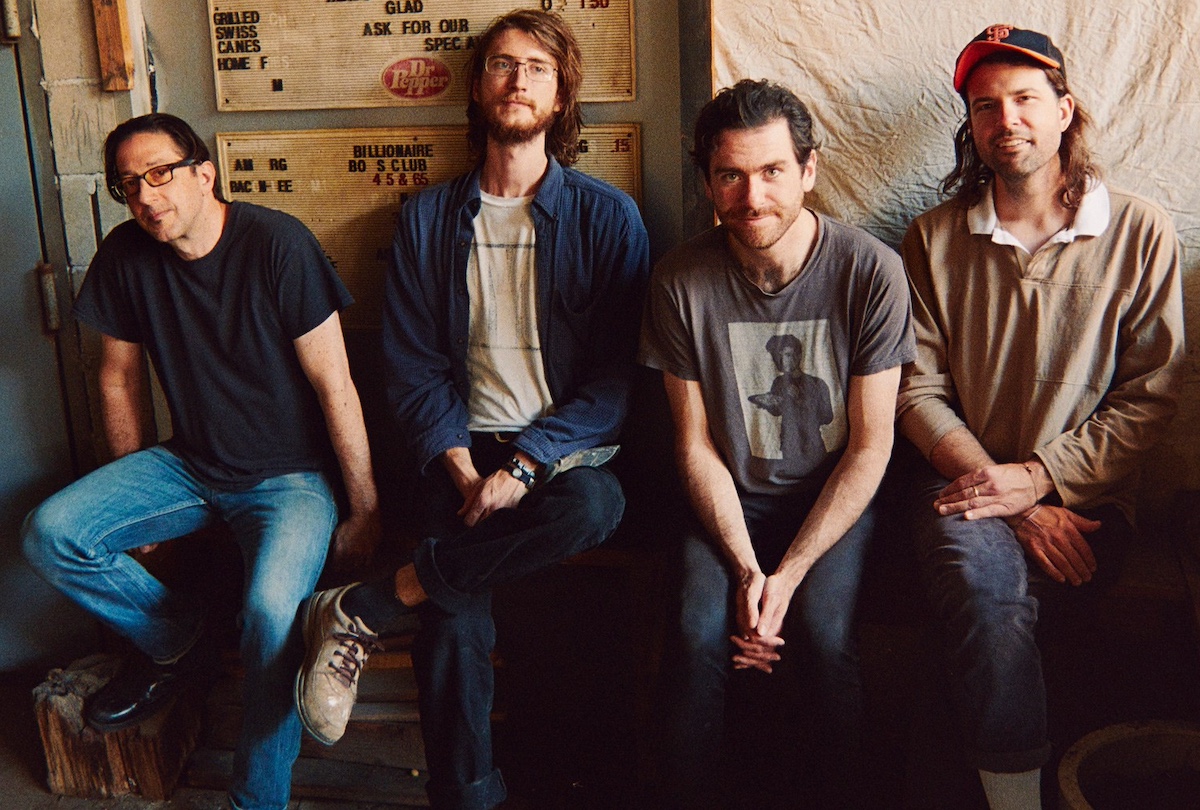
After the “digital lacquer” of A Billion Little Lights, Ross had already wanted ILYSM to be more organic and human. But Dulling The Horns takes that prompt further in every way. There will still be occasional synth plinks, sax drones, pedal steel courtesy of frequent collaborator Mike “Slo Mo” Brenner, and even a bit of fiddle. But otherwise, Dulling The Horns is coarse, lived-in, visceral — music intended to be played live, with pounding rhythms and guitars bleeding all over. “I wanted to make economical songs,” Ross explains. “Music that is very much at its core three or four people rocking.” If before, Wild Pink took notes from Bruce Springsteen and Tom Petty, they’ve now entered their Crazy Horse era.
Dulling The Horns is the sound of Wild Pink fraying at the edges. On the other side of his cancer battle and having to retell the story through an album cycle, he found himself exhausted — desperate for a new spark, a new story. “You zoom out, and I’m very fortunate,” he continues. “But Dulling The Horns came from the feeling of figuring out how do you deal with things and move forward and just keep creating.”
There’s a paradox at the core of the album: You can hear the toll the years took on Ross, but his new music sounds like a vital reclamation. Accordingly, the album’s overall mood conflicts with itself, too. Ross picked the phrase “dulling the horns” to refer to when a wild animal’s horns get worn down and thinking about the treadmill of the music industry. But now as Ross has also become a father, aging has meant wear and tear as well as those new joys.
But before you foist the parenthood album on Ross after his cancer album, Dulling The Horns is more a rangey, unruly eruption than the pristine epics of previous Wild Pink albums. Far from staid domestication or venturing out to pasture, Ross’s latest collection is wooly and wild with ideas. Throughout, his lyrics mirror the music in its scrappiness. Some connect, some are ellipses; some resonate poignantly and some tumble into hilarious asides. With Dulling The Horns as Wild Pink’s reset, it’s as if Ross is emptying all this loose, untamed energy both musically and spiritually.
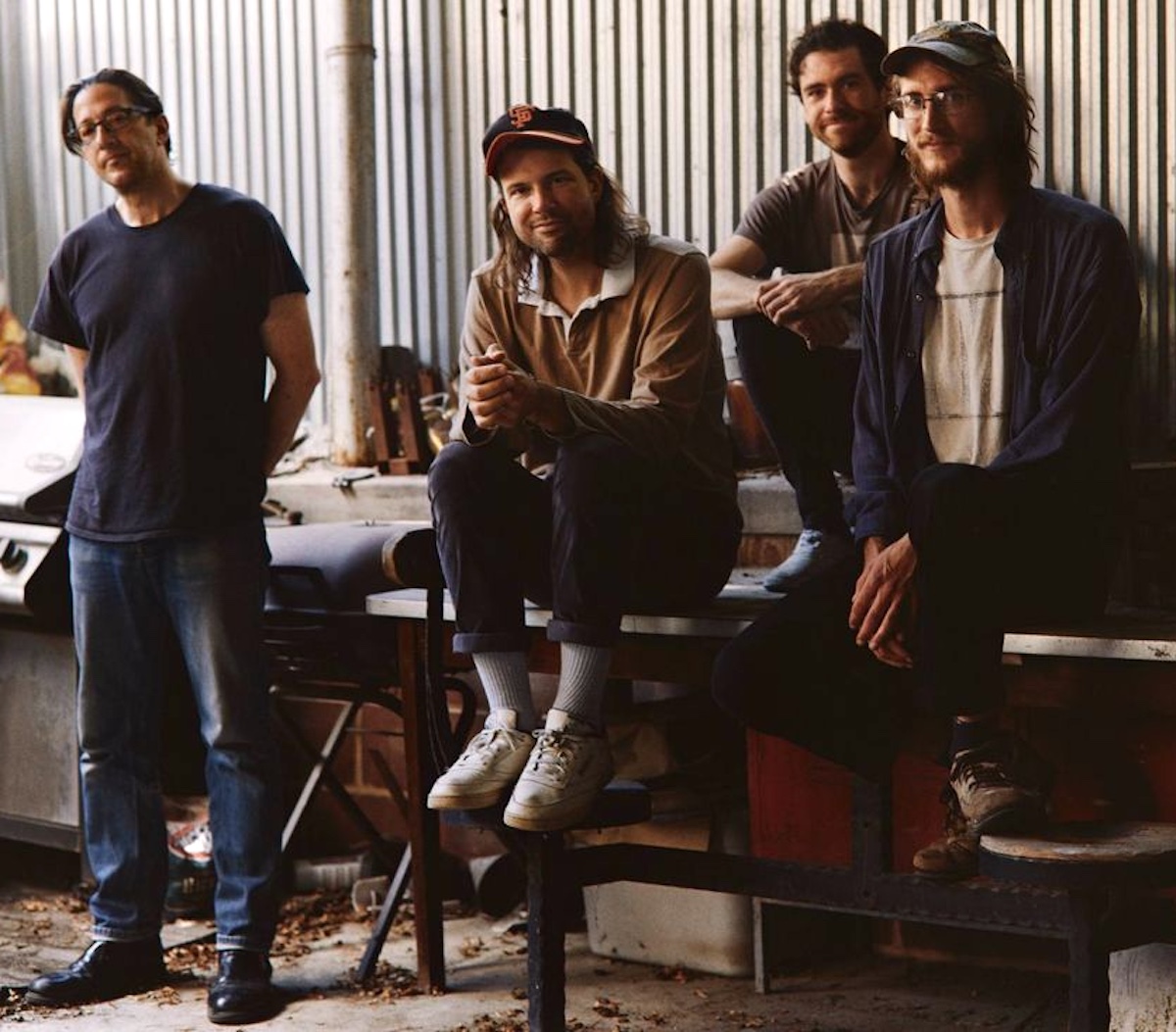
That means Eating The Egg Whole rides a chugging road ramble of a beat while Ross muses on Michael Jordan documentaries and D.C. sports history, slyly connecting local vicissitudes to mortality with one raspy “Nothing lasts forever!” Sprinter Brain takes its name for a band in-joke — about one particularly stressful sprinter van tour that plagued Ross — but cloaks one of the album’s most touching stories as Ross juxtaposes his anxiety against his wife’s solidarity. Tiny moments of personal revelation sit right alongside a mesmerizing mess of disparate asides and themes. Take Catholic Dracula, a song in which Ross sings about how Dracula was, in fact, once a Catholic, before asking: “And I wonder what he thought about / All that imagery of suffering / The execution on the giant wooden pole / And how it must have inspired his later work.” The songs work almost as collage vignettes, Ross rattling himself out of ennui with loud, emphatic music chasing whichever thread his frazzled mind thought might lead somewhere surprising.
But in the end, he finds his way back to something like home. Dulling The Horns was almost named for its closer, Rung Cold, the first song Ross began working on for the album. Instead, it becomes the final word, one last avalanche of modern-day overstimulation and overdosing on cappuccinos and Czech news on a TV in a bank before, finally, Ross concludes: “And if you can’t get along with it / You gotta just get on with it.” Perhaps it’s a fittingly world-weary sentiment, an unsteady resolution for the ineffable “it” Ross was still trying to believe in at the beginning of the album. On Dulling The Horns, you can hear him rediscovering the fire in real time. Tropes discarded along the roadside, songs pulled from the formative DNA of rock music, all filtered through years of messy fog. “There is no answer to these problems,” Ross says, having eventually yielded. But as far Dulling The Horns is concerned, there’s at least one path forward: Burn it all away, and keep moving.”









